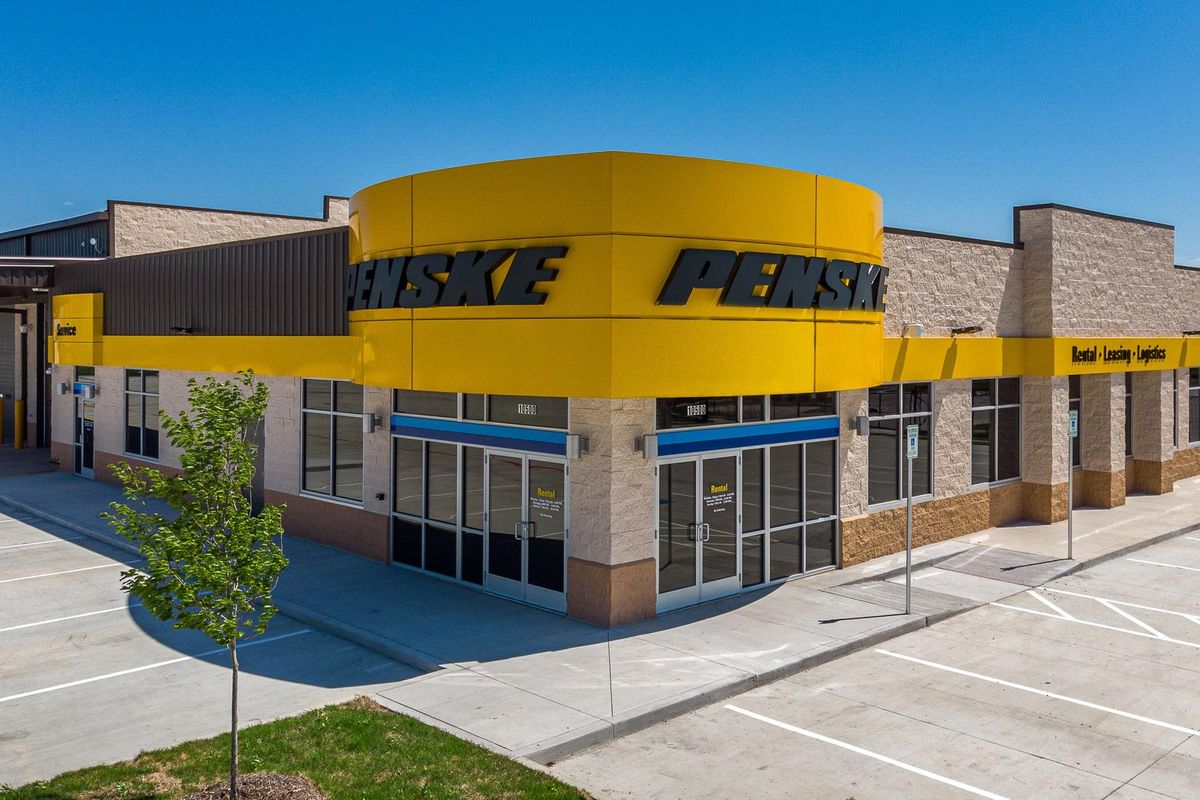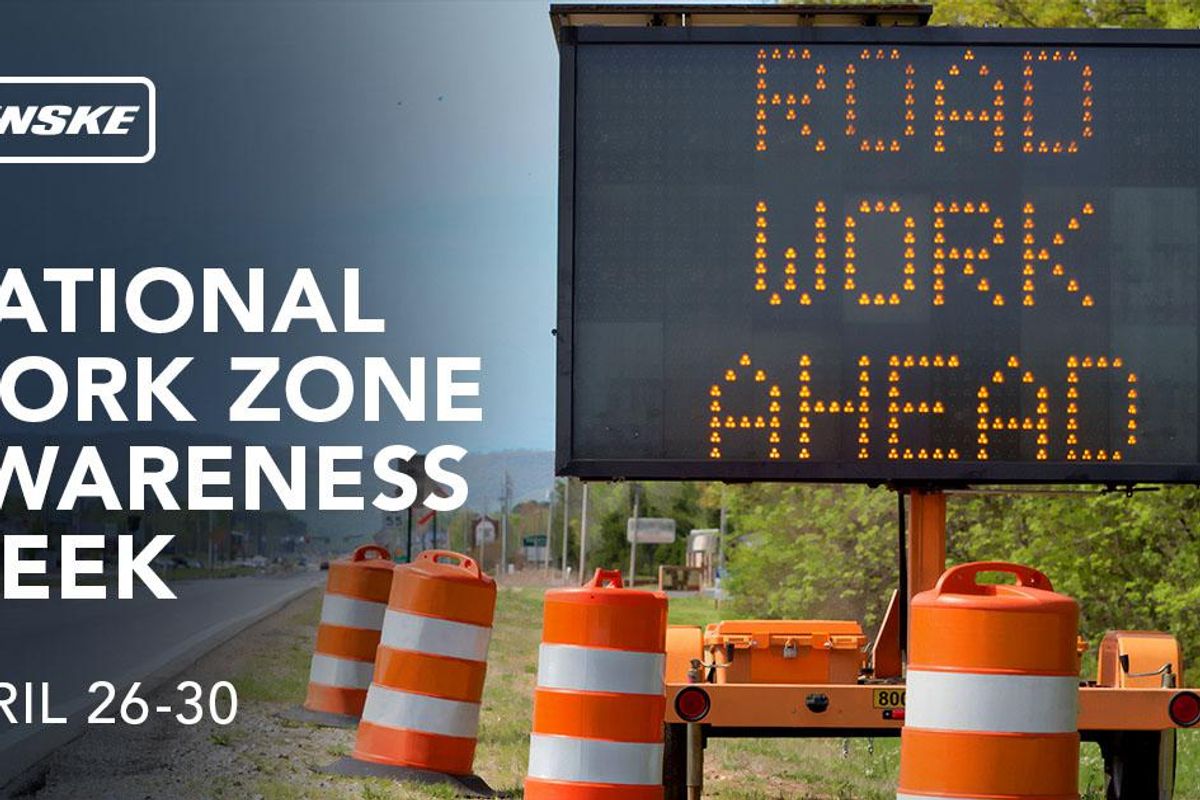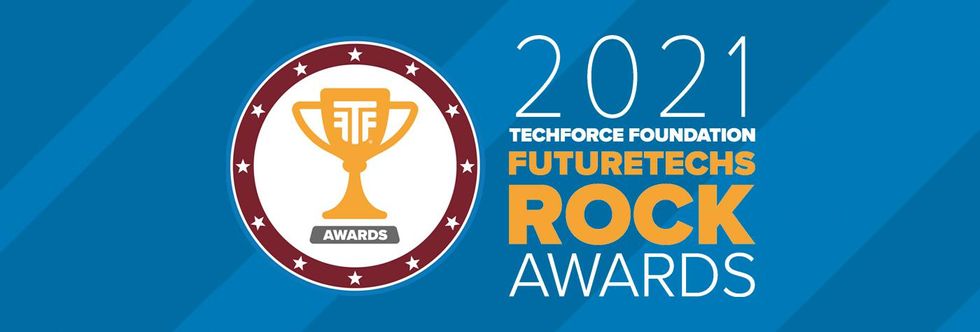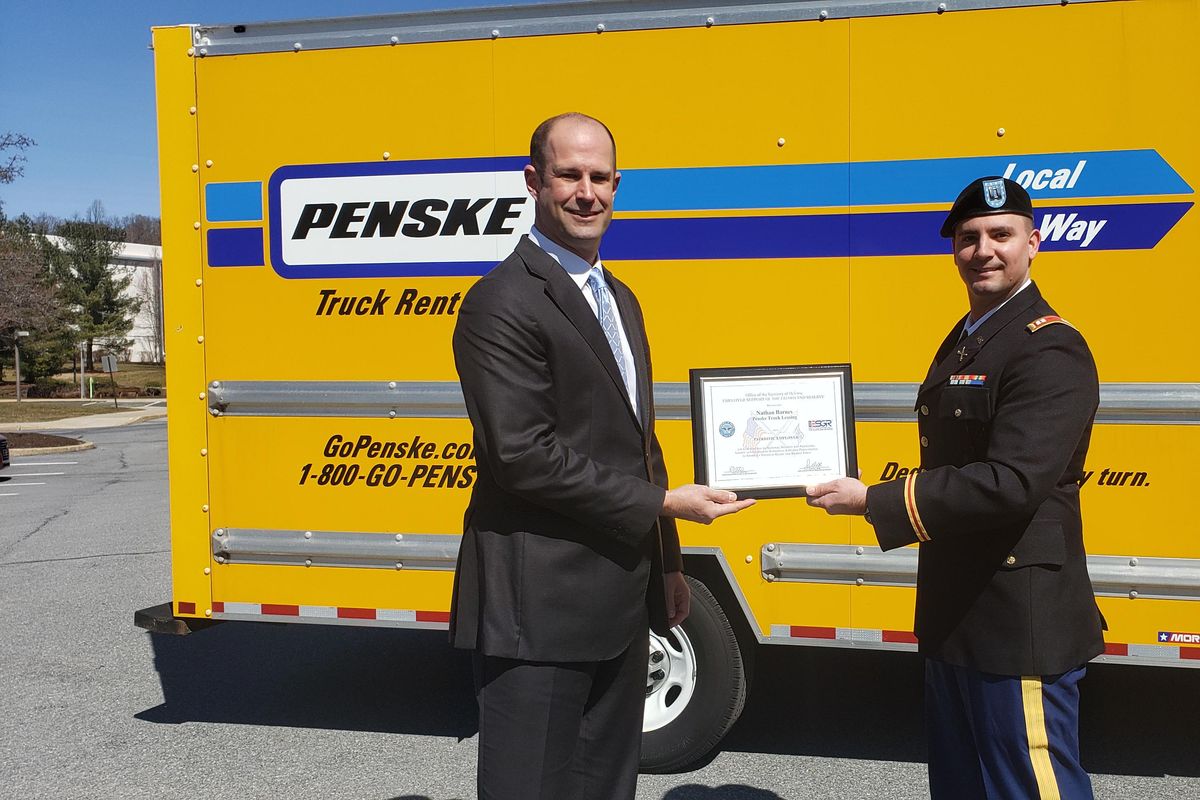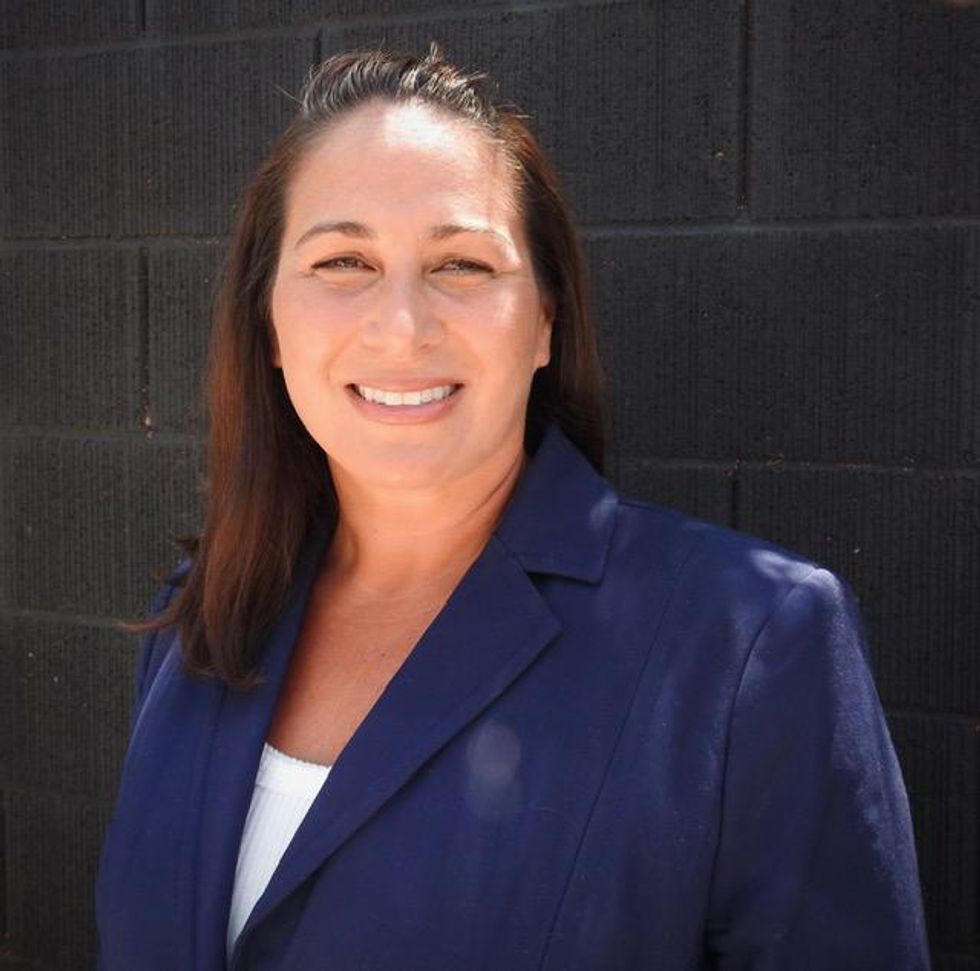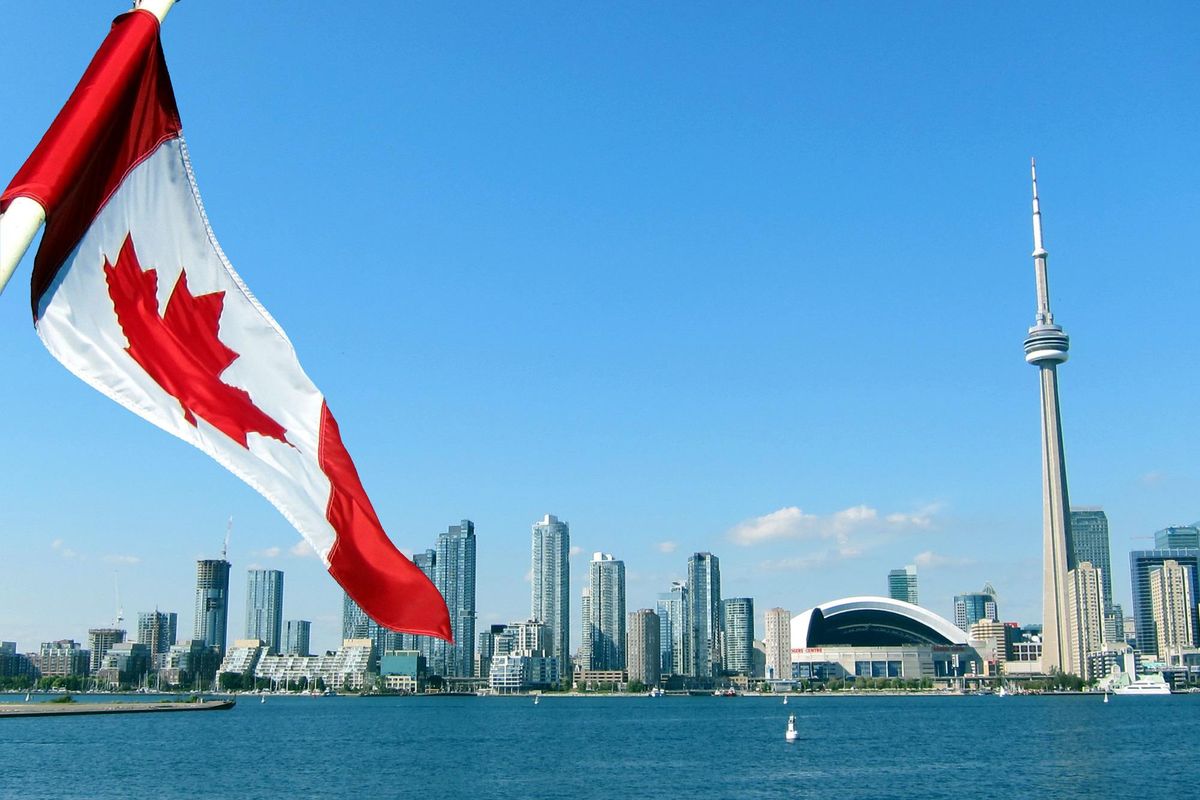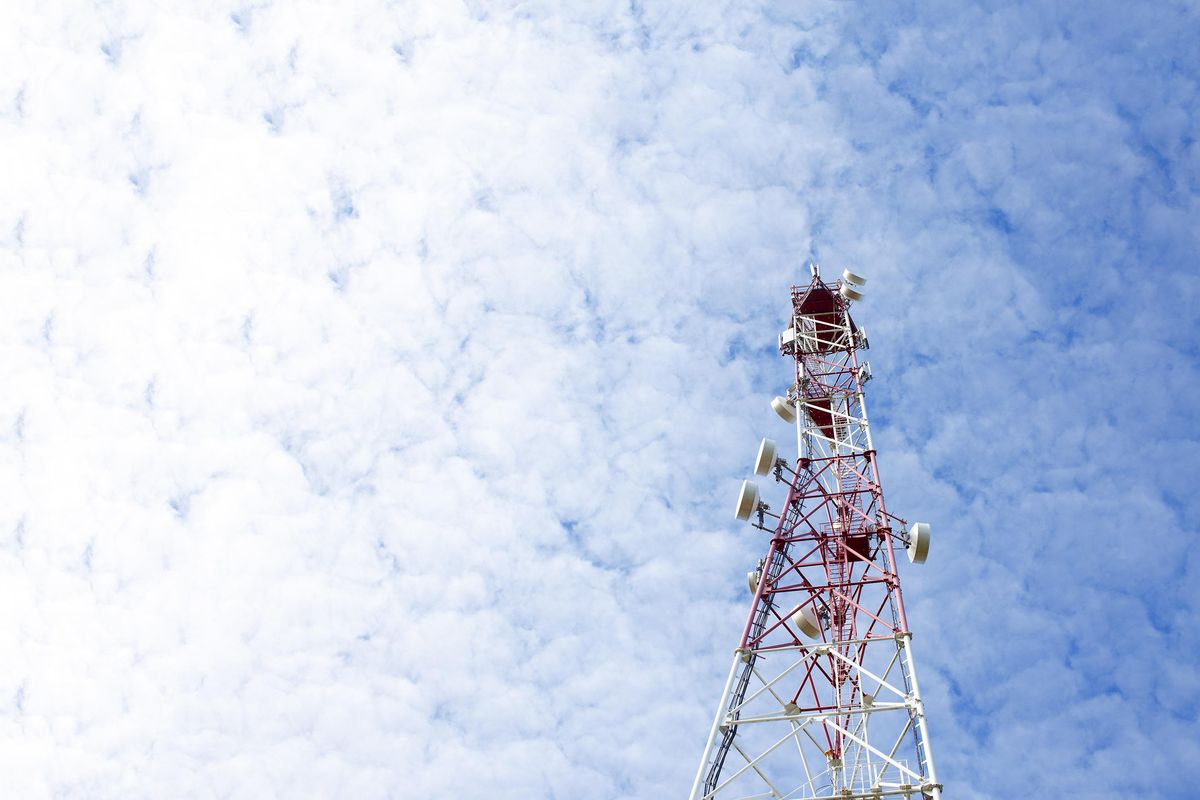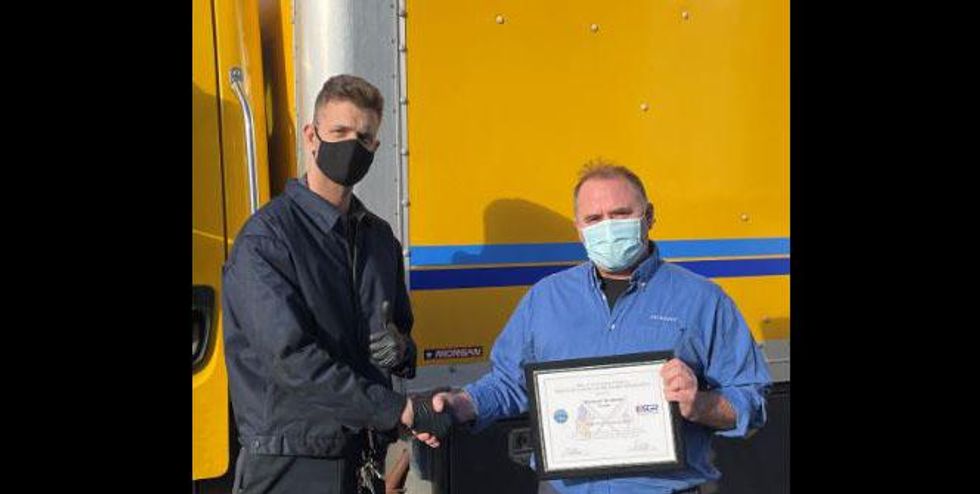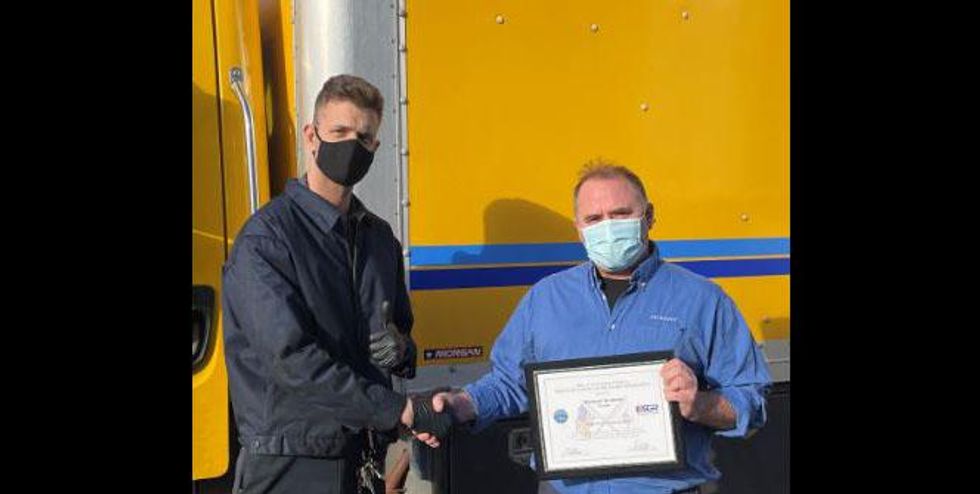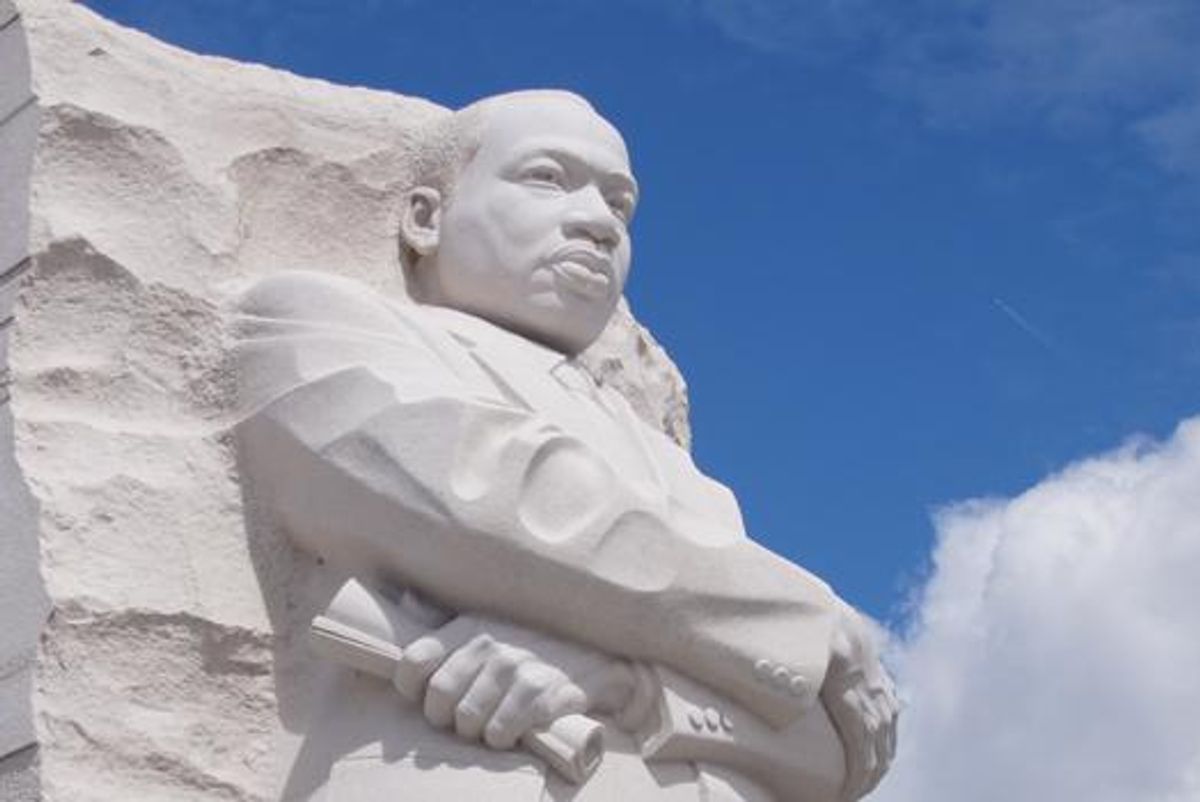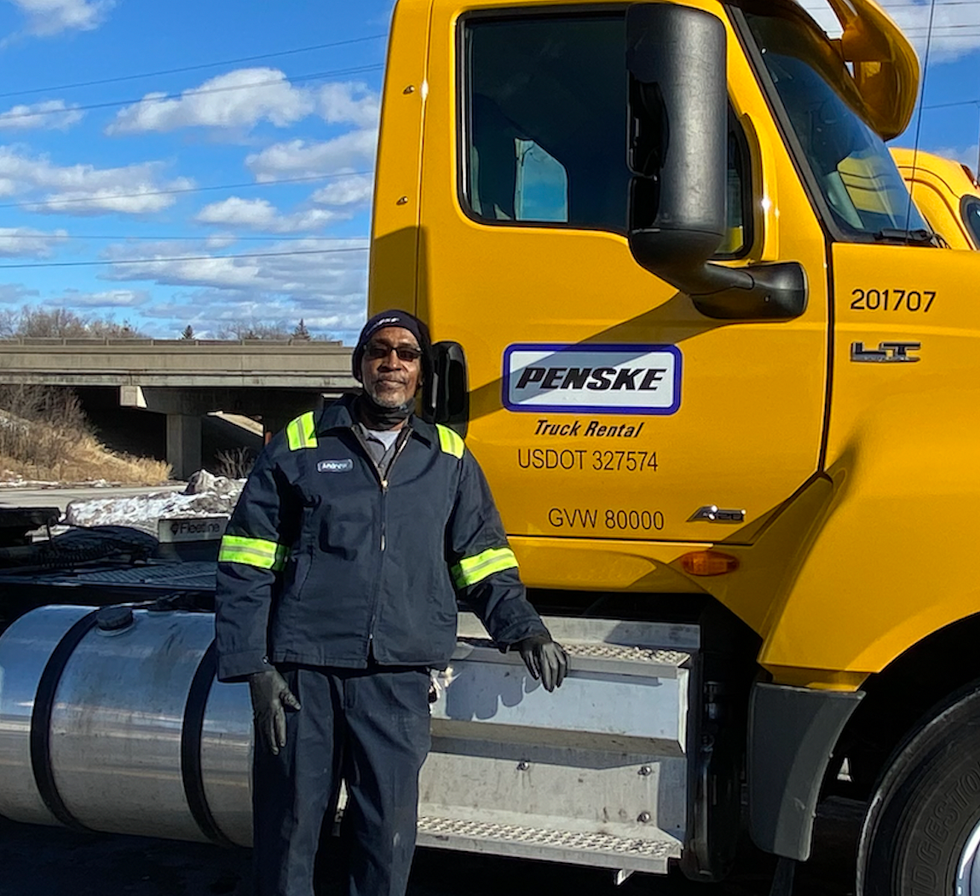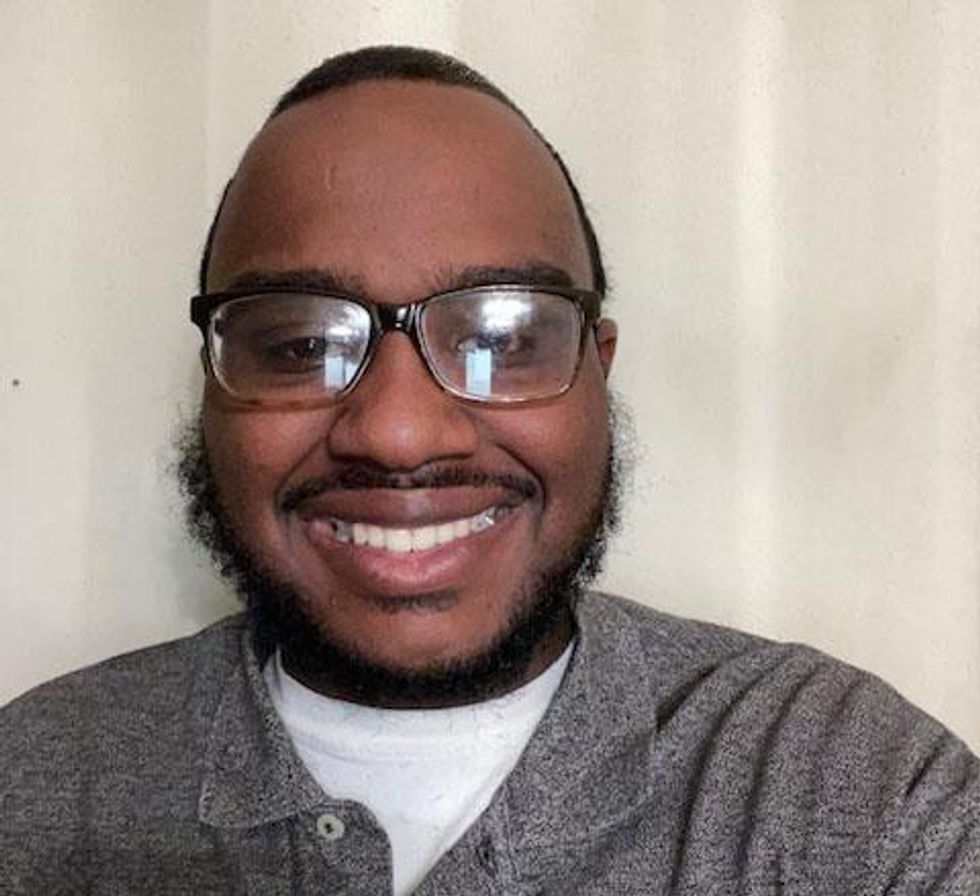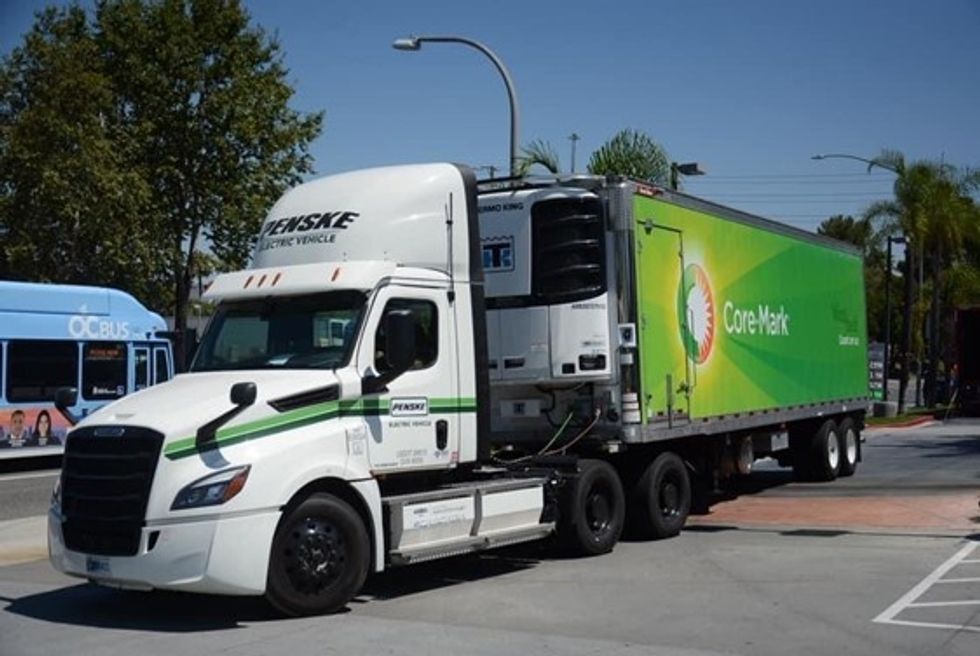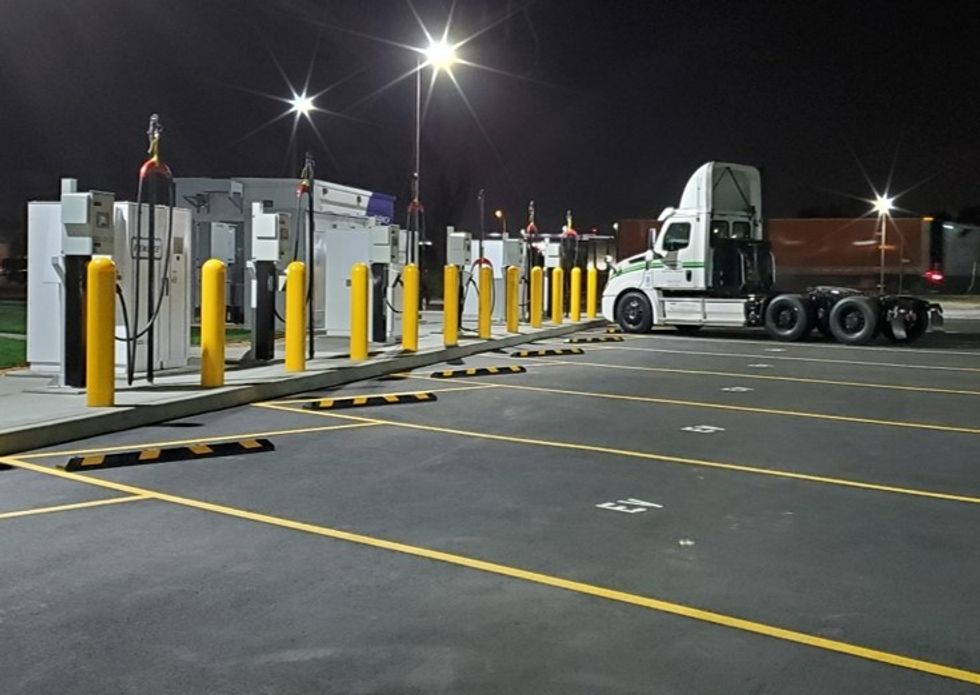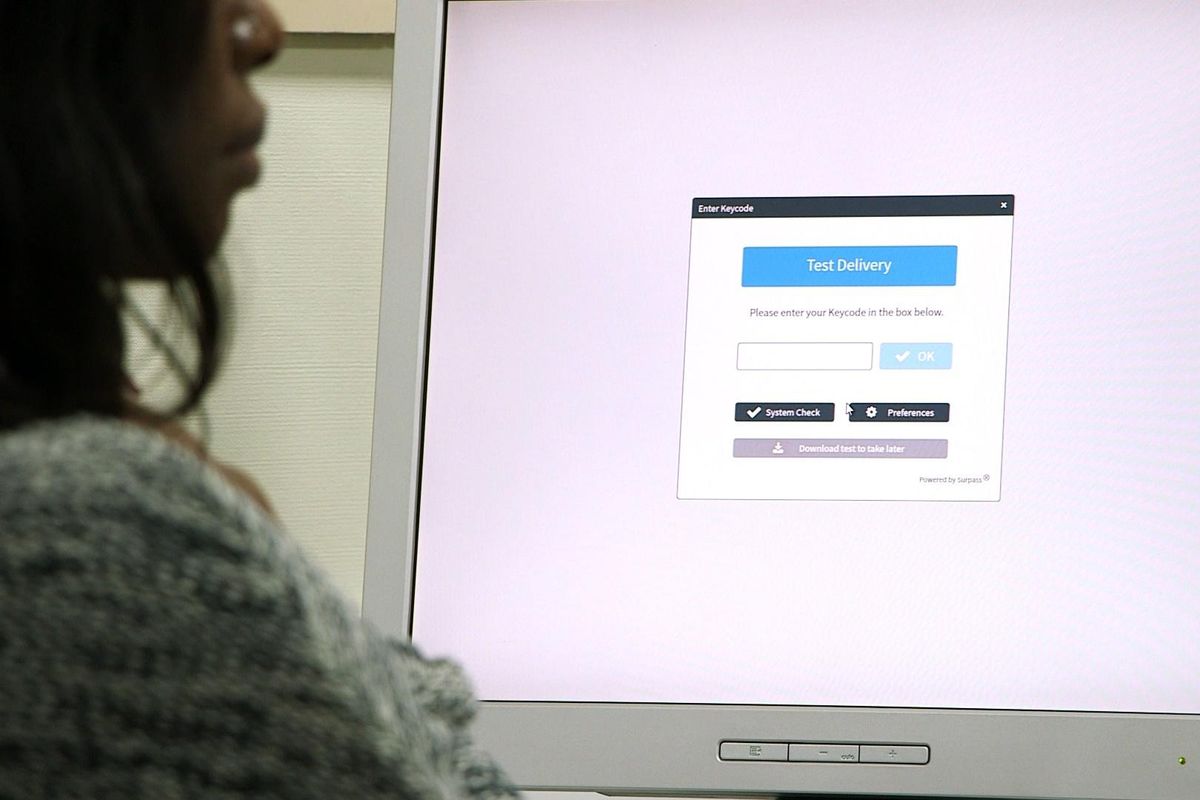Penske Truck Leasing Receives First Electric Heavy-Duty Trucks from Volvo Trucks North America
Penske Truck Leasing recently took delivery of two VNR Electrics from Volvo Trucks North America, expanding its fleet of battery-electric Class 8 models available in Southern California. Its first Volvo VNR Electrics will be used by two consumer retail companies, enabling both customers to gain firsthand insight into the many benefits of battery-electric trucks, the ease of recharging, and the ideal routes to deploy additional units in the future.
The Volvo VNR Electric trucks were deployed as part of the Volvo LIGHTS (Low Impact Green Heavy Transport Solutions) project—an innovative collaboration with the South Coast Air Quality Management District (AQMD) and 12 other organizations to develop a blueprint to successfully introduce battery-electric trucks and equipment into the market at scale.
Volvo LIGHTS is part of California Climate Investments, a statewide initiative that puts billions of cap-and-trade dollars to work reducing greenhouse gas emissions, strengthening the economy and improving public health and the environment—particularly in disadvantaged communities.
Paul Rosa, senior vice president procurement and fleet planning, Penske Truck Leasing: "Penske is committed to testing and providing its customers with the latest EV technologies and enabling fleet operators to drive improved sustainability within their operations. We are very pleased to incorporate Volvo VNR Electric trucks into our fleet and participate in the Volvo LIGHTS project."
"As early adopters, Penske Truck Leasing is helping lead the deployment of zero-emission trucks in Southern California through the Volvo LIGHTS project," said Wayne Nastri, executive officer, South Coast AQMD. "By reducing emissions in the local freight logistics industry, we can help deliver cleaner air to the region."
"With Penske Truck Leasing operating over 330,000 vehicles globally, Volvo Trucks sees this as an incredible opportunity to collaborate with their team to deploy zero tailpipe emission VNR Electrics and help other businesses achieve their sustainable transportation goals," said Peter Voorhoeve, president, Volvo Trucks North America. "Our companies share a common mission of providing top-tier, comprehensive service to help fleets maximize uptime and reliability. We look forward to seeing positive results with these first two battery-electric units and working alongside Penske to expand its VNR Electric fleet in the future."
By "Move Ahead" Staff


